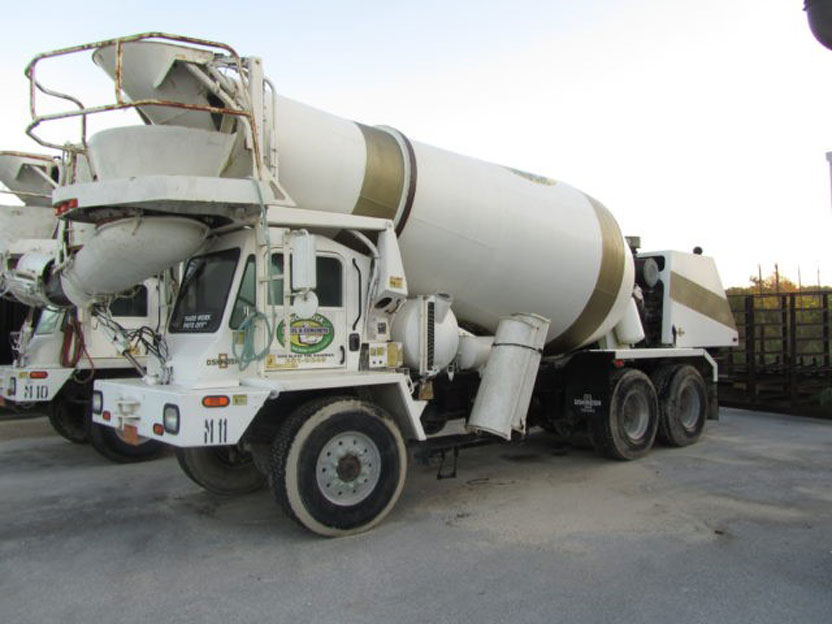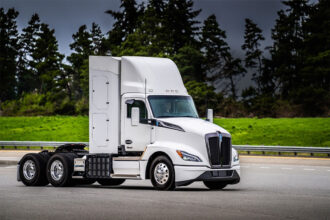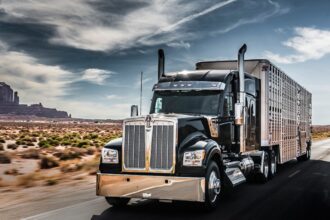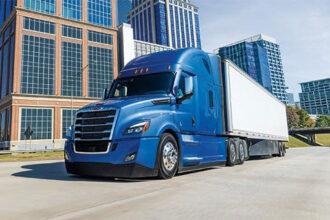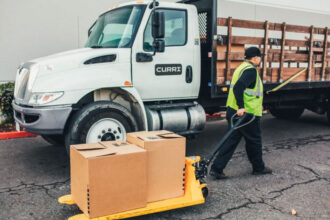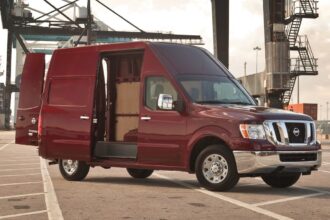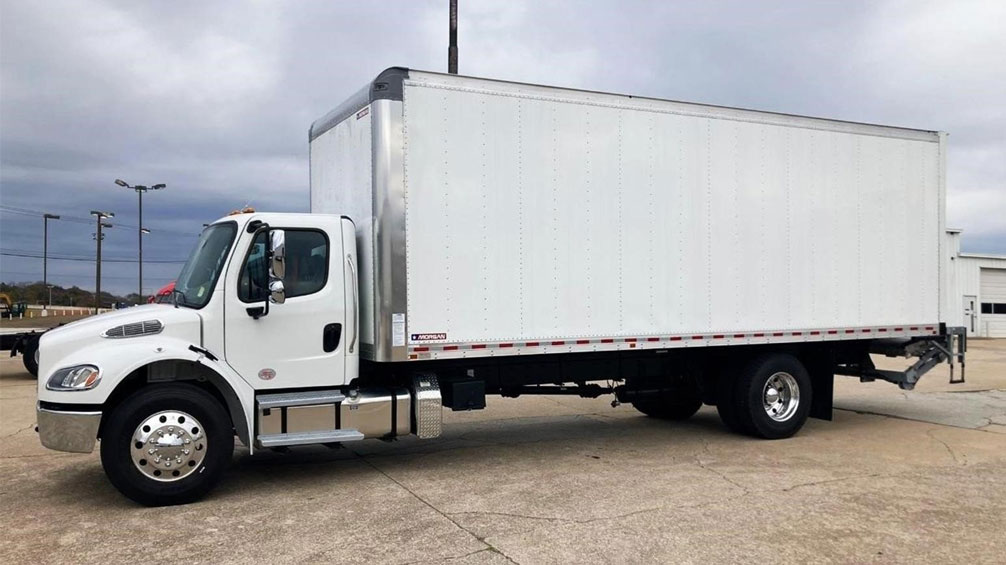Table of Contents
Purchasing a cement truck, also known as a concrete mixer truck, for your company requires careful consideration and planning.
This article will provide you with a step-by-step guide to help you through the process.
1. Research cement truck options.
2. Financing options for purchasing a cement truck.
3. Inspect and test-drive the truck.
4. Finalizing the purchase.
5. Register and insure the truck.
Let’s learn!
1. Research cement truck options.
Before setting out to buy a cement truck for your business, research cement truck options effectively. Access your specific requirements for a cement truck and explore different models and brands.
Here’s a comprehensive guide to researching cement truck options for your business:
Understanding your needs
Before purchasing a cement truck, analyze your business requirements by considering these factors:
Capacity
What is the average amount of concrete required for each job? Cement trucks typically have a 4 to 12-cubic-yard capacity. By matching the truck’s capacity with the average size of your projects, you can ensure that you have enough concrete for the pour and no leftover mix.
Frequency
How often you use the cement truck will determine if a new truck or a used truck will do. Will you be using the cement truck on a regular basis for a variety of projects, or only on occasion for certain tasks? If you use your truck frequently, a new truck with a guarantee might be justified; if you use it less often, a used truck might be a better deal.
Budget
Brand-new cement trucks may cost a lot of money. If money is a big concern, look into financing alternatives or think about buying a used truck.
Manufacturer research
Research for well-known cement truck manufacturers. Examine each brand’s history, reputation, and general level of customer satisfaction.
Reputable Brands
Pay attention to well-known cement truck manufacturers with a track record of dependability and durability. Manufacturers that have a track record of producing high-quality cement trucks that can handle heavy workloads should be noted.
Online research resources
You can visit manufacturer websites for detailed information on their cement truck models, including specifications, features, brochures, and dealer locators.
Connecting with dealers
Research how to connect with the right dealers in the truck business.
Authorized dealers
Speak with the authorized dealers of the truck brands you have selected. Dealers are able to respond to inquiries regarding features and specifications, give comprehensive details about certain models, and provide estimates that are customized to meet your needs.
Used truck dealerships
If you’re considering buying a used cement truck, look into trustworthy used truck dealerships in your area. These dealers may feature an excellent assortment of used cement trucks. They might have a good selection of used cement trucks.
Note not to limit your research to the internet. To obtain a personal look at various cement truck types, speak with people in the industry, ask for suggestions, and visit trade events or exhibitions of construction equipment.
>>>MORE: Cement Truck Business Plan
2. Financing options for purchasing a cement truck.
Financing a cement truck is a crucial step in acquiring this essential piece of construction equipment. Here are some common methods to consider:
Traditional bank loans
For businesses, banks and credit unions provide loans for commercial vehicles. Your credit history, business income, and other variables will all have an impact on interest rates and loan conditions. Be ready to contribute a down payment, usually equal to 20% of the price of the truck.
Equipment financing companies
These companies focus on offering loans or leases for the acquisition of commercial equipment, such as cement trucks. Compared to traditional banks, they frequently have more lenient restrictions and could provide quicker approval times.
Manufacturer financing
Some cement truck dealers or manufacturers may offer in-house financing solutions, including leasing programs and loans. These programs can make it easier for firms to buy their items by offering flexible periods and competitive rates.
Small Business Administration (SBA) Loans
The SBA offers loan programmes specifically tailored for small businesses to acquire equipment. The SBA guarantees a portion of the loan, reducing the risk for lenders and making it easier for borrowers to access financing. These loans have lower interest rates and longer repayment terms compared to traditional equipment loans, but qualifying can be a more complex process.
Lease-to-own programmes
With this financing plan, you lease the cement truck for a predetermined amount of time and have the option to buy it at the end of the lease term. You make regular payments to lease the vehicle. When compared to standard loans, lease-to-own programmes may offer cheaper upfront costs and give you the chance to test drive the truck before deciding to buy it.
You may choose the best approach to financing the purchase of a cement truck by carefully evaluating your business needs and researching these financing options.
3. Inspect and test-drive the truck.
If possible, take the truck for a test drive to assess its handling and performance. This is crucial to ensuring you’re making a sound investment, especially a used one.
A trained technician should do a comprehensive examination of the cement trucks. The engine, drum and blades, hydraulic system, frame and chassis, and electrical system are important areas to check. Look for leaks, wear-and-tear indicators, and strange noises, and confirm that all suggested maintenance has been carried out. Additionally, make sure the suspension system is in good operating order and review the engine’s service history before purchase.
You can learn a lot about the state and capabilities of the cement truck by doing a comprehensive check and test drive. This enables you to decide on your purchase with knowledge and steer clear of any unpleasant surprises later on.
>>>PRO TIPS: Is Cement Truck Good Business?
4. Finalizing the purchase.
Once you have inspected the cement truck, taken it for a test drive, and decided that it meets your business needs, you’re now ready to finalize the purchase.
You can negotiate the truck price if the inspection reveals any issues. After the price has been settled, the seller will provide a bill of sale, transferring ownership of the truck to the buyer. Accurate information, including the VIN and purchase price, must be provided. The truck’s title must be transferred to the buyer’s business name, typically through your local Department of Motor Vehicles (DMV) paperwork and fees.
5. Register and insure the truck.
Once you have finalized the purchase of your cement truck, it is important that you register and insure it to ensure compliance with legal requirements and protect your investment.
To register your cement truck, transfer the title to your business name and follow the registration requirements set by your local DMV. This may include proof of ownership, vehicle identification number verification, weight certifications, and business licensing information.
Unlike personal auto insurance, owning a cement truck requires specific commercial insurance coverage. Options for coverage include physical damage, which covers damage to the truck; commercial auto liability, which covers property damage and physical harm caused by accidents; and general liability, which shields the company from liability claims resulting from non-accidental situations. You might want to think about getting extra coverage, like cargo insurance or pollution liability.
Recap
Owning your own cement truck can be a walk in the park, considering you do proper research on cement truck options, consider which financing options suit you, inspect and test drive the truck before purchase, finalizing the purchase after being certain, and register and insure the truck.
Following these steps will guarantee you a cement truck for your business.


